- HOME
- ABOUT
- RESEARCH
- INSIGHTS & HAPPENINGS
- JOIN US
- CONTACT US
-

Cardiomyopathy: Cardiomyopathy is a term used to describe disorders that affect the heart muscle. Cardiomyopathy occurs when the heart is unable to pump blood effectively to the rest of the body.
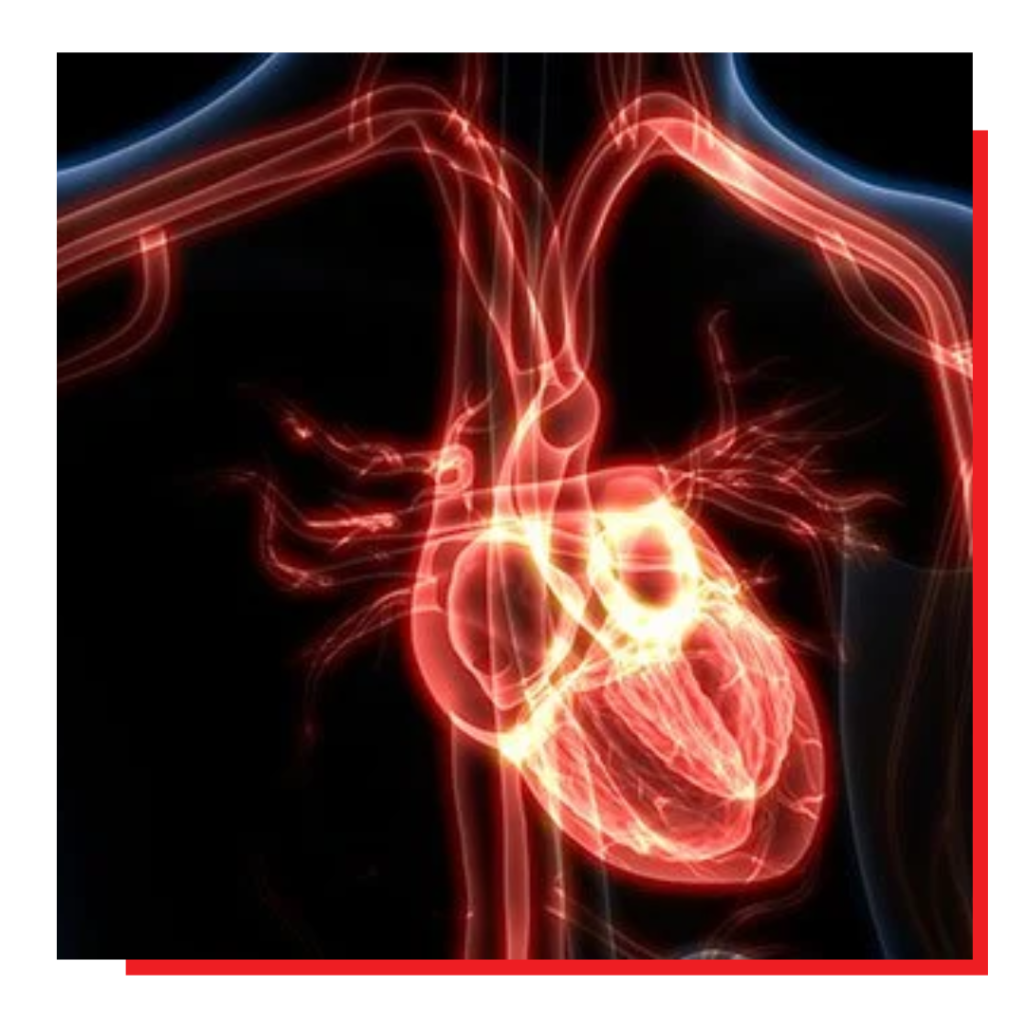
Cardiomyopathy is a term used to describe disorders that affect the heart muscle. Cardiomyopathy occurs when your heart is unable to adequately pump blood to the rest of your body.
As a result, you may feel tired, short of breath, or have heart palpitations. Cardiomyopathy worsens with time. Treatment can help to decrease the progression of the disease and enhance your quality of life.
Your heart might weaken over time, and cardiomyopathy can lead to heart failure. Treatment can be beneficial. Cardiomyopathy patients may eventually require a heart transplant.
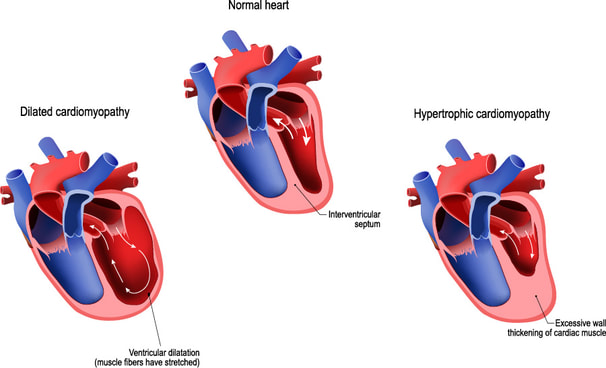
There might be no signs or symptoms in the early stages of cardiomyopathy. But as the condition advances, signs and symptoms usually appear, including:
Signs and symptoms tend to get worse unless treated. In some people, the condition worsens quickly; in others, it might not worsen for a long time. Signs and symptoms of heart failure usually occur in the later stages of cardiomyopathy, as the heart weakens.
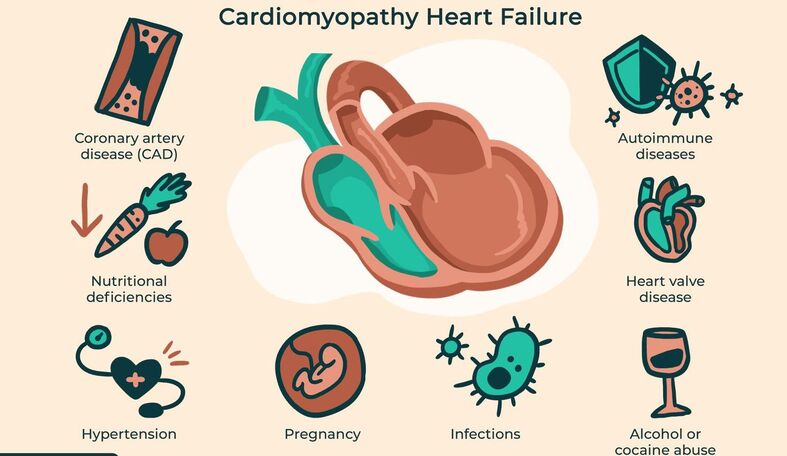
Often the cause of the cardiomyopathy is unknown. In some people, however, it’s the result of another condition (acquired) or passed on from a parent (inherited).
Certain health conditions or behaviors that can lead to acquired cardiomyopathy include:
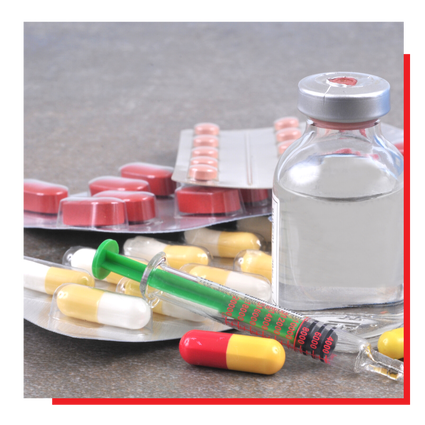
Cardiomyopathy treatment focuses on symptom management. Treatment also decreases the progression of the condition. You will have regular exams to evaluate the health of your heart. Your healthcare provider may recommend:
I) Medications:
Heart medications can improve your blood flow, control symptoms, or treat underlying conditions. You may take blood thinners such as warfarin (Coumadin®), beta-blockers such as propranolol (Inderal®), or medications to lower cholesterol.
II) Devices to correct arrhythmias:
Pacemakers or implantable cardioverter defibrillators (ICDs) treat irregular heart rhythms. These devices monitor your heartbeat. They send electrical impulses to your heart when an arrhythmia starts.
III) Devices to improve blood flow:
Some devices help your heart pump blood more efficiently. Cardiac resynchronization therapy (CRT) devices control the contractions between the left and right sides of the heart. A left ventricular assist device (LVAD) helps your heart pump blood.
IV) Surgery:
If you have severe symptoms or underlying heart conditions, your provider may recommend heart surgery. Providers usually only recommend open-heart surgery or a heart transplant when all other treatments have failed to bring relief.
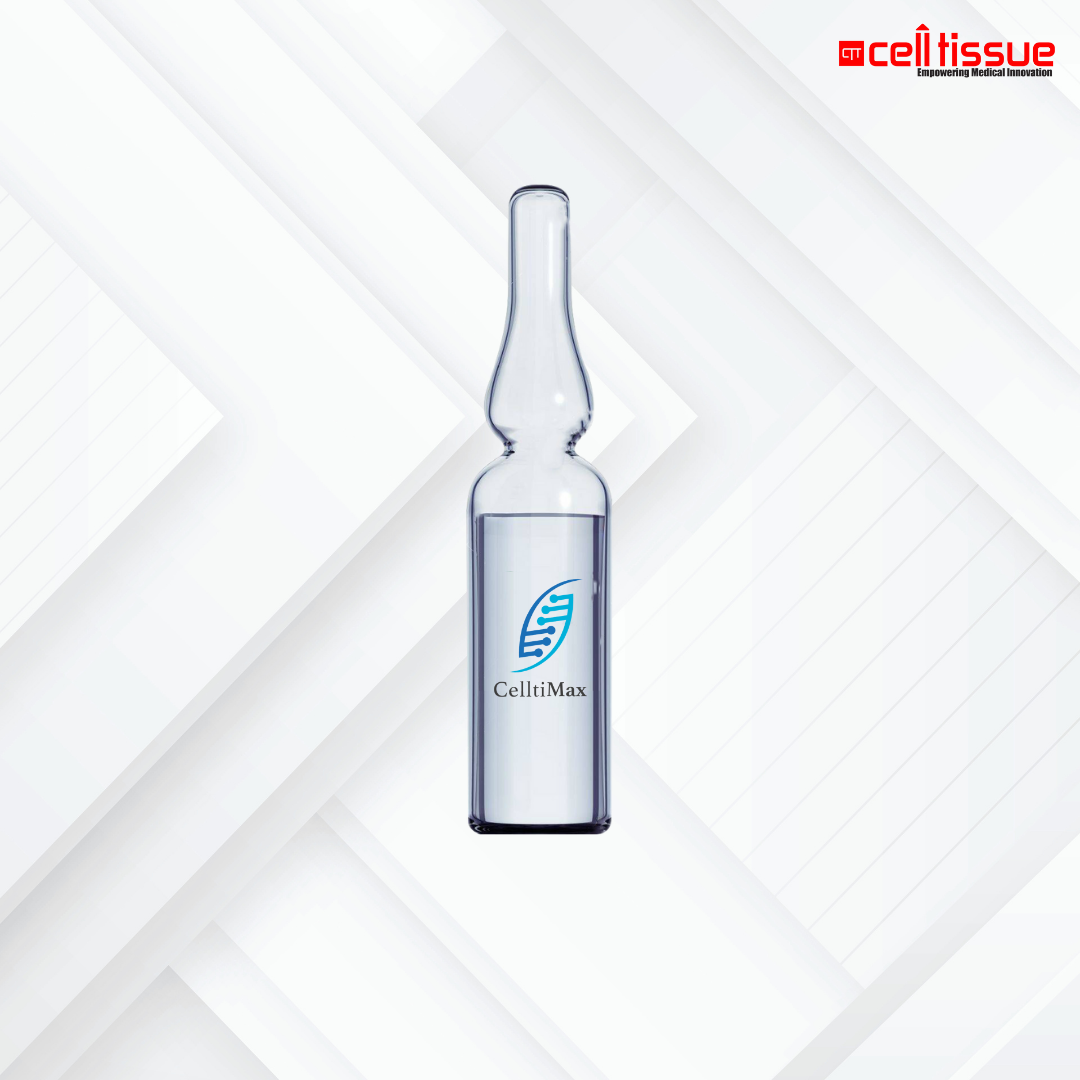
CelltiMax is Mesenchymal Stem Cells (MSCs) derived from human umbilical cords. Upon treatment, the cultured cells are injected intramuscularly / intravenously into the patient.
The cells are characterized by low immunogenicity. Hence, it is very safe, tolerable, and free of side effects. It has the capability to differentiate into specialized cells with specific functions for many parts of the body. They can reduce inflammation, repair, renew, regenerate, and replace damaged cells.
Definition
Stem cells are unspecialized cells of the human body.
Function
Unique, can become any type of cell, and they act as both building blocks and repair mechanisms in your body.
Origins
Donor stem cells are placed in your body and are guided into becoming specific cells in the body to replace and repair diseased cells.
Growth Factors
Less amount of growth factors compared to exosomes.
Administration
Stem Cell Research

Through paracrine effects and immunoregulation functions, mesenchymal stem cells (MSCs) have been used to improve cardiac function and attenuate adverse ventricular remodelling of the ischemic myocardium. MSCs could be more easily transplanted to the ischemic area if combined with cell sheet technology. Long-term MSC retention in the affected area was achieved, which significantly improved the curative effect. We summarised the research and applications of MSC sheets to the treatment of ischemic heart tissue in this review.
Many types of MSCs, including Bone Marrow-Derived Mesenchymal Stem Cells (BM-MSCs), Adipose-Derived Mesenchymal Stem Cells (AD-MSCs), Umbilical Cord-Derived Mesenchymal Stem Cells (UC-MSCs), and skeletal myoblasts, are now considered multipotent cells in the treatment of heart failure (SMs). UC-MSC sheets have been proposed as a candidate for clinical applications to ischemic heart disease because they have few human leukocyte antigen-II and major histocompatibility complex class I molecules and are easy to isolate and culture.
If you feel we might be able to offer meaningful improvement to both your condition and your quality of life, then please reach out to schedule a free consultation with one of our in-house clinical experts. We offer consultations in both Malay and English.
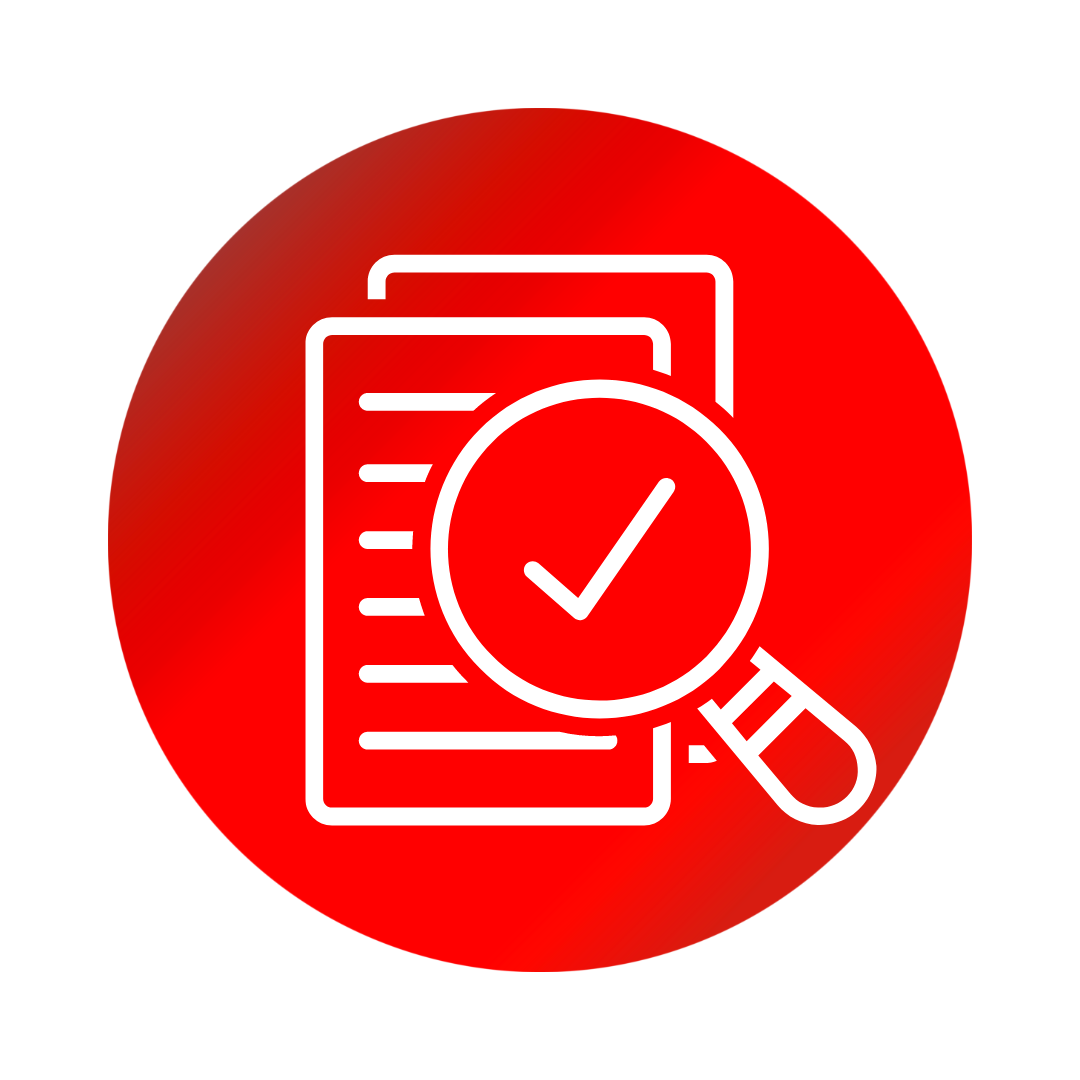

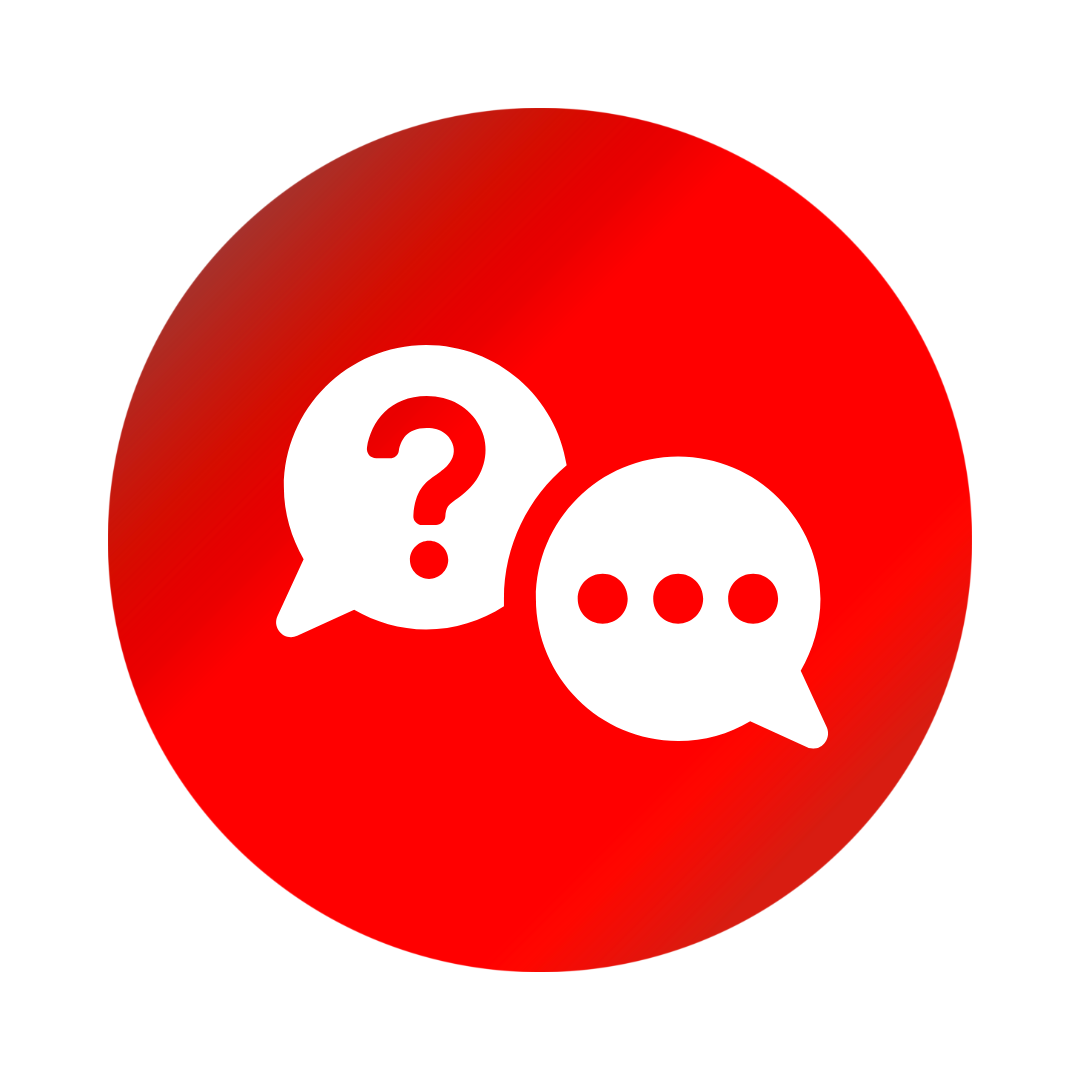
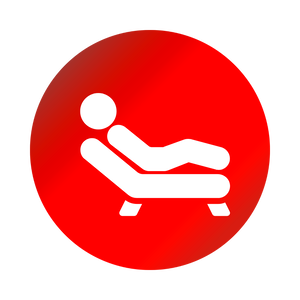
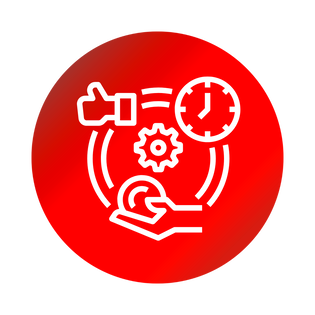
Review your medical history & recent evaluations
Explore what your treatment package might look like
Answer any questions you have about us
Answer any questions you have about the therapies
Discuss practical next steps,
if you feel we can effectively treat you
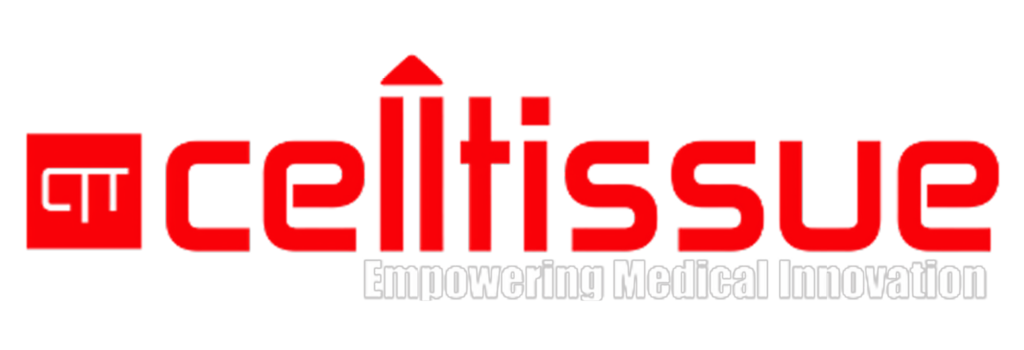
Founded in 2010, Cell Tissue Group is a pioneering Malaysian medical technology company and a spin-off from the National University of Malaysia (UKM). As Malaysia’s first Tissue Engineering firm, Cell Tissue Group operates within a certified cGMP laboratory, ensuring the highest standards of medical research and product development, particularly in Tissue Engineering and Regenerative Medicine.

Founded in 2010, Cell Tissue Group is a pioneering Malaysian medical technology company and a spin-off from the National University of Malaysia (UKM). As Malaysia’s first Tissue Engineering firm, Cell Tissue Group operates within a certified cGMP laboratory, ensuring the highest standards of medical research and product development, particularly in Tissue Engineering and Regenerative Medicine.
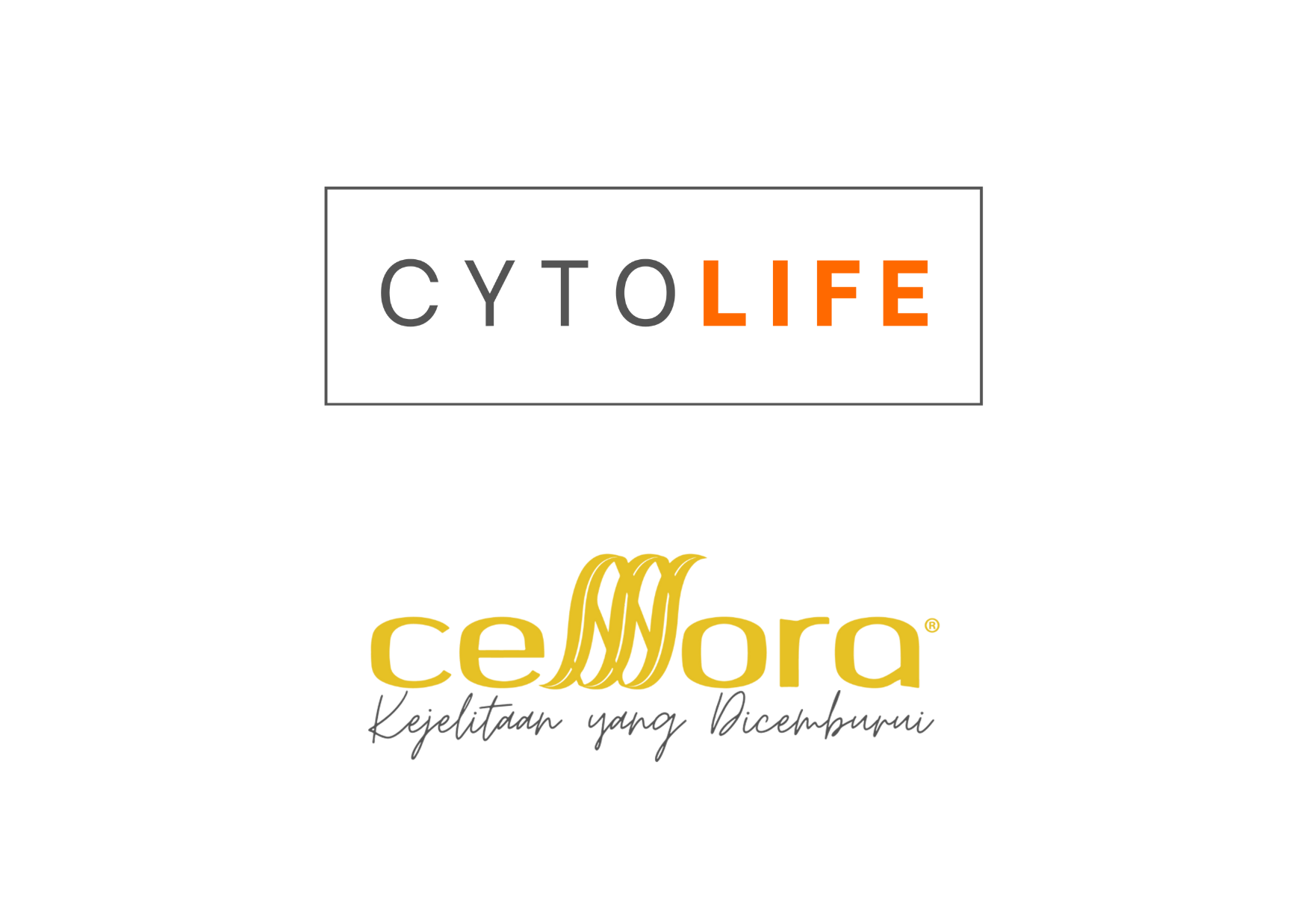
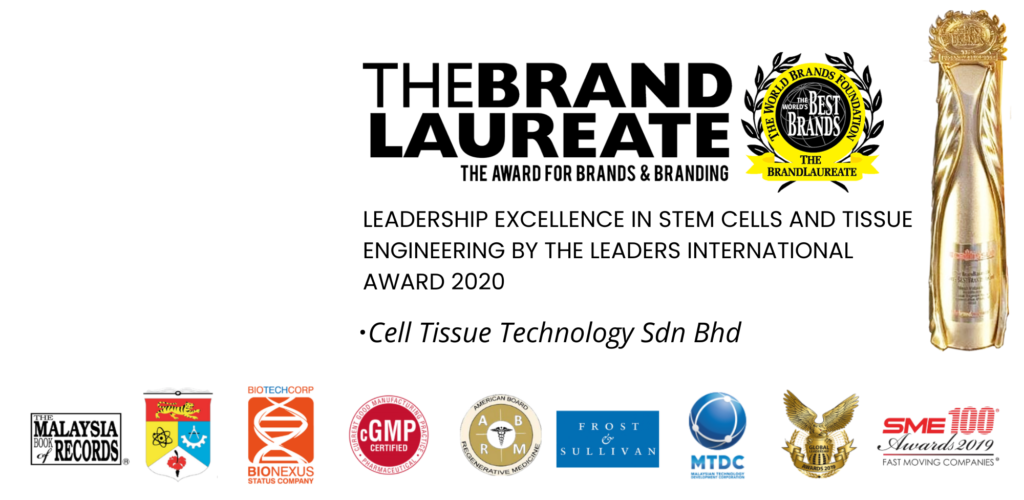
Proudly powered by CTG © 2010-2025 Cell Tissue Group, a Universiti Kebangsaan Malaysia Spin-Off Company. – All Rights Reserved.